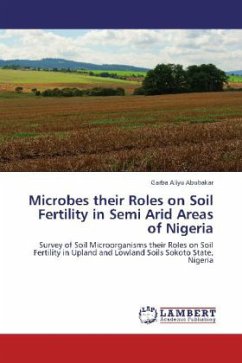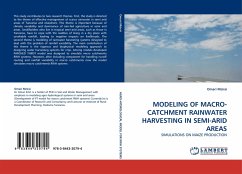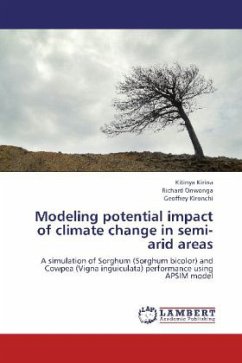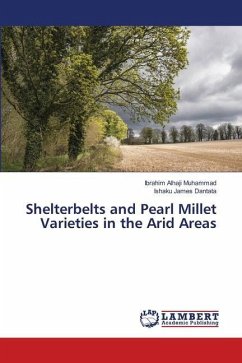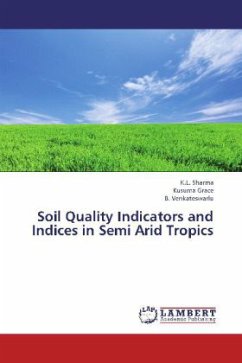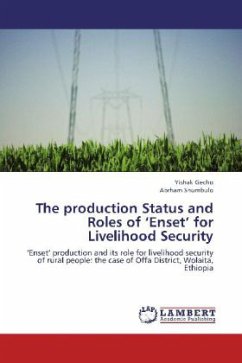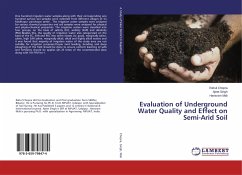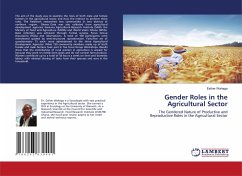Several researches on soil fertility (Singh, 1997; Dan-Azumi, 1999; Hashimu, 2002; Abubakar, 2004; Noma et al., 2004; Yakubu et al., 2008) conducted in Sokoto State dealt mainly with the physical and chemical properties of the soils with little or no emphasis on microbial studies. This research attempts to provide baseline information on the populations of microorganisms in relation to soil fertility.In Nigeria, one of the major problems faced by farmers is poor soil fertility and inadequate replenishment strategy that could allow for a sustainable agricultural productivity (Mutsaers, 1990). The use of organic manure (animal dung, burnt crop residues) has been practice among farmers, but in recent times the reduction in fallow period led to a high demand for commercial fertilizers The use of fertilizers has resulted in a lot of wastage causing havoc to our natural ecosystem which endangered the available microbes (Jonas et al., 2004). The need for sustainable natural ecosystem arises in order to improve the conditions of these microorganisms, this book will assist researchers espicially advanced level in having a baseline information for students.
Bitte wählen Sie Ihr Anliegen aus.
Rechnungen
Retourenschein anfordern
Bestellstatus
Storno

